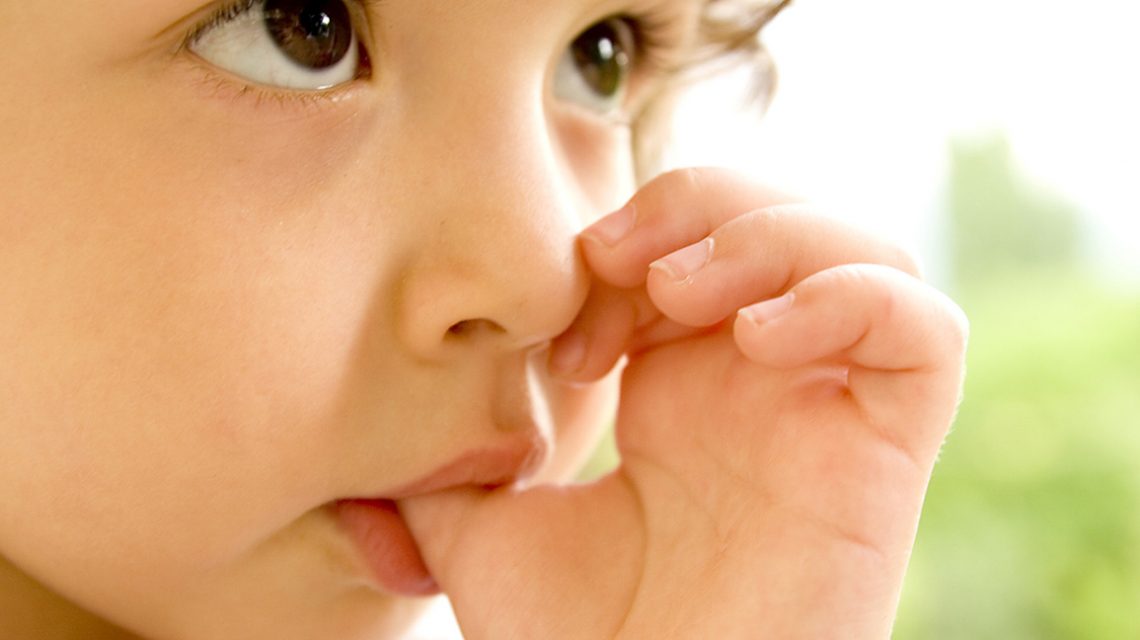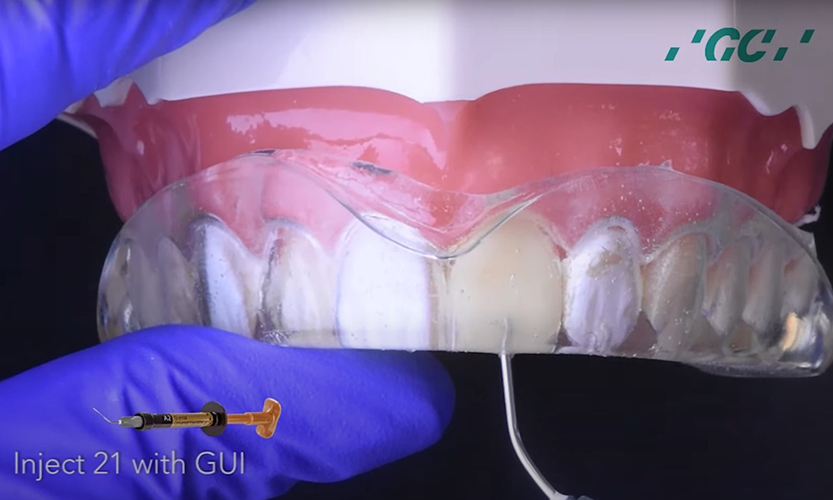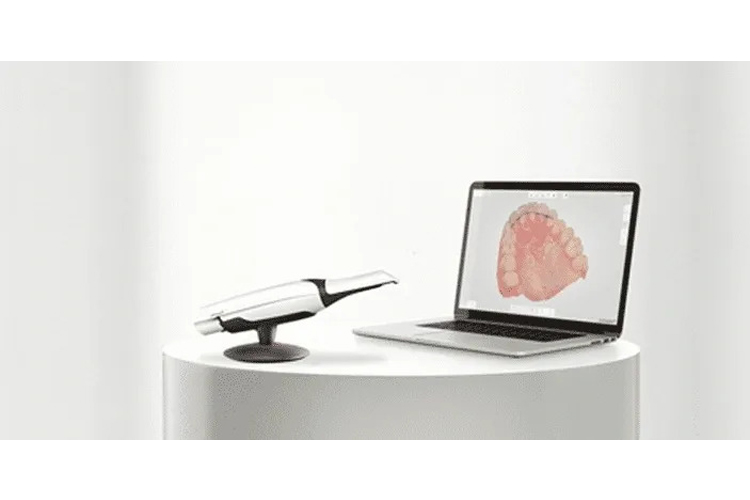When children have their pediatric dental exam at our Mississauga Dental office, parents often ask us whether their child’s thumb-sucking habit is healthy.
Babies are born with a natural reflex to suck; it’s nature’s way of ensuring food intake. Sucking is also soothing and tends to induce sleep, as evidenced by how young infants drift off to sleep as they suck at a bottle or breast. Fussy babies often learn to soothe themselves by sucking on their thumb. Some parents encourage this in young babies, because the thumb is always available, unlike a pacifier which can be lost, causing distress for the infant who can’t get the pacifier back in its mouth. Other parents prefer to use a pacifier because they think it will be easier to break the pacifier habit than thumb-sucking. Parents also give newborns a pacifier since they do not yet have the coordination to get their thumb in their mouth on demand.
Although there are many benefits of natural thumb sucking in toddlers, it can have its drawbacks. Vigorous sucking of a pacifier or a digit can push the upper front teeth out of their natural alignment, although this is more likely to occur with a digit habit. Most pacifiers are designed by dentists to try and avoid orthodontic issues. Tooth position changes due to thumb sucking are related to 1) Duration, 2) Intensity, and 3) Frequency. Children who use their thumb for more extended periods are more likely at risk for dental changes than those who suck their thumb for short periods. Those who suck their thumb harder will show more changes to their front teeth than those who rest their thumb in their mouth for comfort. Finally, if a child is sucking their thumb several times during the day and night, their teeth are more likely to move than someone who soothes themselves to bed with their thumb for a couple of minutes at night.

The changes that can occur due to thumb sucking include:
- Flaring of the upper front teeth.
- Changes to the upper jaw’s size and shape, resulting in smaller jaw size and cross-bites of the back teeth.
- Spacing between the upper front teeth.
- Difficulty with speech.
- Difficulty chewing.
Most toddlers stop a digit habit on their own between two and four, and up until this age, St. Lawrence Dentistry does not recommend to make an issue of it. By the age of four, however, parents should begin to work with the child to break the habit. Children who are still sucking their thumbs when their permanent teeth erupt can cause damage to their teeth.
If you live in the Mississauga area and see your child’s thumb-sucking habit being prolonged past age five, you may want to consider talking to Dr. Hawryluk Jr. He can discuss ways that may help remedy this issue on its own, such as positive reinforcements for your child—having your child talk directly to the dentist on their own and make a promise to stop can sometimes actually work. Sometimes they need to hear they must cease from someone other than their parents. It is easier to break a pacifier habit than thumb-sucking, because the thumb is always handy, while the parent can remove the pacifier. The easiest way to break a pacifier habit is in small steps. Keep it out of sight; remind the child that they are a ‘big kid’ now. Use it only when sleeping, then remove at nap time, and use only at night, then never. To break the thumb-sucking habit, the parent needs to monitor the child, using encouragement and praise. You can help your child overcome this habit by making sure they know you are on their side, and you are doing this together.

In cases where children cannot stop on their own, and the habit is causing malposition of their teeth, Dr.Hawryluk may refer you to Hometown Orthodontics in Port Credit. The orthodontist may use a habit breaking appliance. Some of these appliances are comfortable reminders for your child to stop the habit, whereas others are less comfortable and increase the incentive to stop.
We hope you have found this article helpful. If you live in the Mississauga area and your child or yourself needs a dentist, please consider visiting St. Lawrence Dentistry. We are in the Port Credit district of Mississauga at the Hurontario / Lakeshore intersection and have lots of free parking. Our number is 905-278-1649.
- Sleep Dentistry: Enhancing Comfort and Care During Dental Procedures - July 11, 2024
- The Revolutionary Injection Molding Technique for Composite Veneers - June 27, 2024
- Why Are Third Molars Called “Wisdom Teeth”? - June 19, 2024









